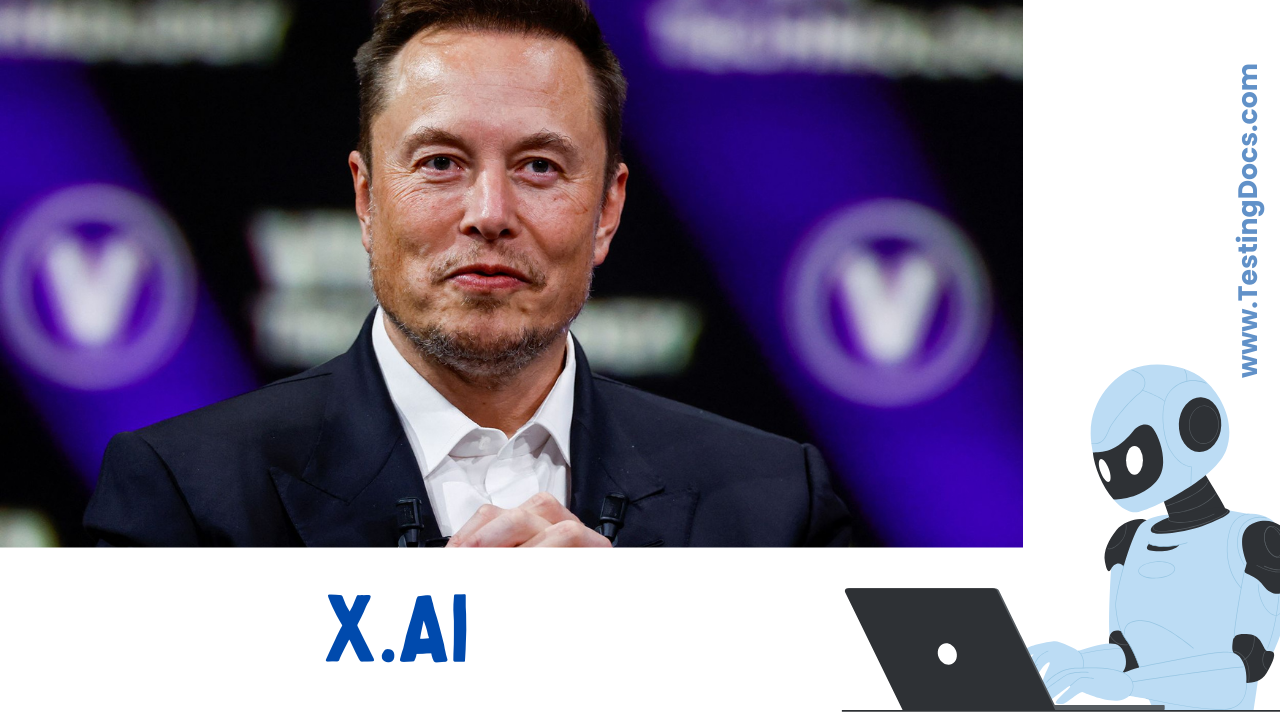Elon Musk announces new company ‘Macrohard’
Elon Musk announces new company ‘Macrohard’
Elon Musk has announced a new AI software project called Macrohard, introduced on X as part of his xAI efforts. Musk described Macrohard as a “purely AI software company” that, in principle, could simulate the operations of traditional software firms — using Microsoft as the example — and urged engineers to join xAI to help build it.
What happened
On August 22 Musk posted about Macrohard on X and framed it as both a playful jab at Microsoft’s name and a serious engineering project: to create a software company run largely by AI agents rather than humans. Multiple outlets picked up the announcement and reported that xAI has already shown signs of preparing formal entities and filings tied to the name.
Musk’s public rationale is that many software companies—Microsoft being the obvious target—do not manufacture physical hardware, so their business could, in principle, be automated and “simulated” by advanced AI systems. The idea is to show that core software development, shipping, and support workflows could be handled by multi-agent AI, potentially lowering costs, speeding iteration, and changing what a software company looks like. Observers see this as both a strategic challenge to Microsoft and a broader experiment in turning complex corporate processes over to AI.
“Simulation” of an existing company?
When Musk says “simulate” a company like Microsoft, he’s referring to using AI agents for tasks across the software lifecycle: writing and reviewing code, running tests, creating releases, generating documentation, answering support queries, and even designing product strategy—essentially automating many roles humans currently perform. That does not mean literal cloning of proprietary code or branding; instead, it means reproducing the functional behaviors and services of a software company using AI workflows. Experts caution that simulating a company at scale raises technical, legal, and ethical questions (IP, quality assurance, regulatory compliance) that will need solving.

How Macrohard fits into the current AI landscape
Macrohard sits at the intersection of two industry trends: agent-based AI (where many specialized AIs coordinate to complete complex tasks) and aggressive platform competition between big tech firms. If xAI can demonstrate that software engineering pipelines can be largely automated, it could reshape labor models, influence developer tools, and accelerate generative-AI adoption across enterprises. But turning this concept into production-grade, secure software that customers trust is a major engineering challenge.
Potential impacts and concerns
The promise: faster development cycles, cheaper software services, and novel product experiences driven by AI. The risks: job displacement for roles that can be fully automated, quality and safety failures if AI agents produce buggy or insecure code, and intellectual property or antitrust scrutiny if an AI system re-creates another company’s distinctive offerings. Regulators and corporate partners will likely watch any substantive moves closely.
What to watch next…
Key signals that will show whether Macrohard is more than a slogan: formal company filings or trademarks, job listings from xAI recruiting engineers for this exact effort, technical demos showing AI agents completing end-to-end software projects, and customer pilots or partnerships. Early reporting already points to filings and a public call for talent, but substance (working products and real customers) will be the real test.
Top FAQs
- Q: Is Macrohard a real company or just a joke name?
- A: Musk said the name is “tongue-in-cheek,” but he also emphasized the project is real. Early reporting indicates xAI activity and filings related to the name.
- Q: Will Macrohard try to copy Microsoft’s products exactly?
- A: No public indication suggests an intention to copy Microsoft’s proprietary code. The stated idea is to simulate the functions of a software company—development, testing, release, and support—using AI agents, not to steal or reproduce Microsoft’s software. Legal and IP protections would make literal copying risky.
- Q: Could Macrohard replace human software engineers?
- A: The announcement frames automation of many tasks as the goal, but most experts expect a hybrid future where AI augments engineers rather than replacing them wholesale—at least in the near term. Substantial technical, safety, and governance hurdles remain.
- Q: How soon will Macrohard ship products or services?
- A: Musk’s post is an early call to recruit talent; concrete timelines for products have not been announced. Watch for technical previews, developer hiring posts, or pilot customers as indicators of progress.
- Q: Should customers and enterprises be worried?
- A: Businesses should monitor developments. Macrohard could accelerate AI tooling and competition, which may benefit customers through innovation and lower costs—but it also raises concerns (security, reliability, vendor lock-in) that enterprise buyers must evaluate carefully.